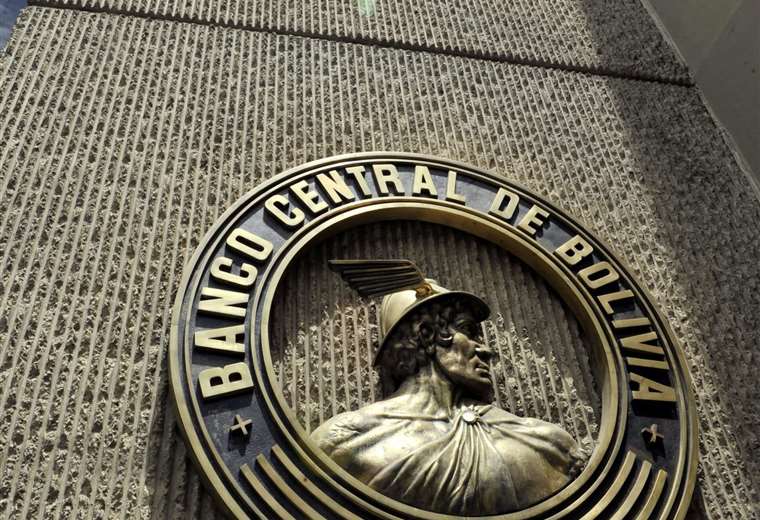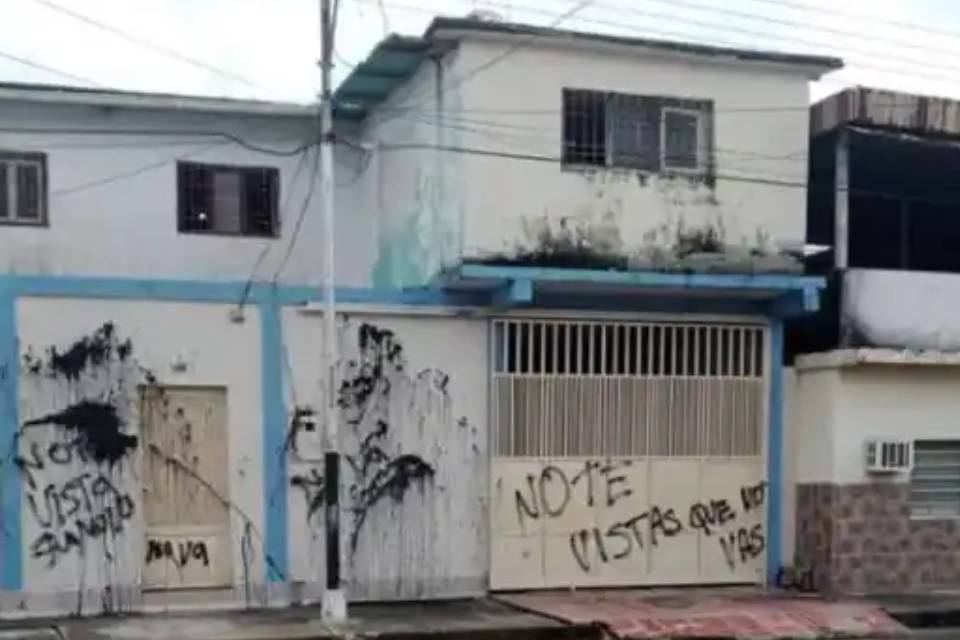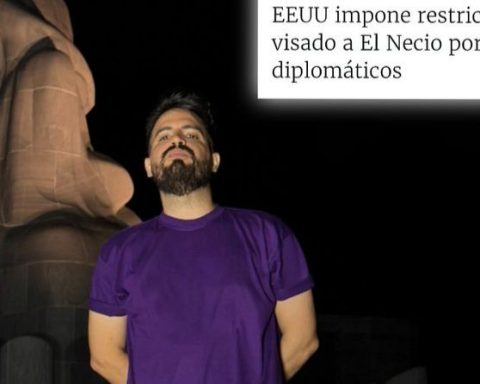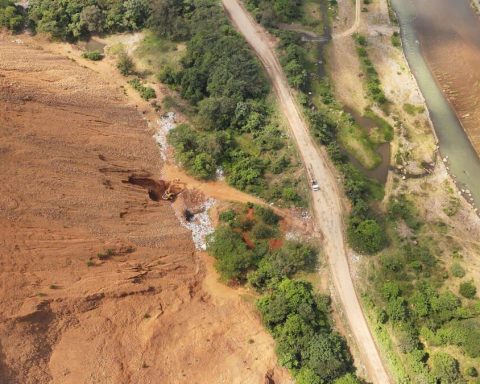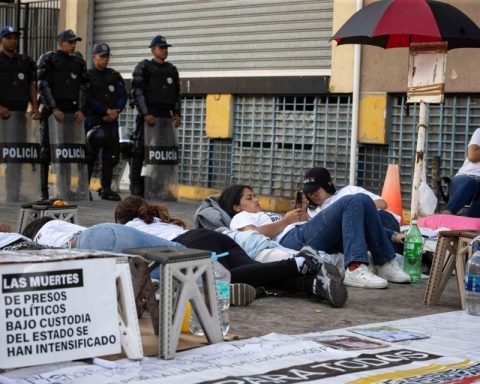November 7, 2024, 11:34 PM
November 7, 2024, 11:34 PM
The Central Bank of Bolivia (BCB) has issued a statement in which it rejects versions that have circulated in the media and economists about its recent Board Resolution No. 148/2024. These interpretations suggest that the resolution would allow the sale of gold from the country’s reserves and reduce its quantity below the legal minimum of 22 tons established by Law No. 1503. However, the issuing entity says that it only changed the reporting dates.
The BCB emphasizes that Law No. 1503, which regulates the “Purchase of Gold intended for the Strengthening of International Reserves,” clearly establishes in its article 9, paragraph II, that “the Central Bank of Bolivia must maintain a minimum of 22 tons of gold reserves of the International Reserves, computable every six months from the approval of this Law.” This regulation ensures the integrity and stability of the country’s international reserves.
In this context, Board Resolution No. 148/2024 was designed to clarify the dates of calculation of gold reserves, which They are May 5 and November 5 of each administration. These dates are crucial, since the BCB must report the status of its reserves at those times, thus ensuring compliance with Law No. 1503. The resolution does not imply, in any way, an authorization to reduce gold reserves below of the legal threshold.
The BCB emphasizes that an adequate interpretation of the current legal framework is essential to avoid confusion in the population. The institution reaffirms its commitment to transparency and the correct management of international reserves, highlighting that its mission is to strengthen the Bolivian economy and guarantee the country’s financial stability.
This statement comes at a time when the economic situation is an issue of great interest and concern for citizens. When setting dates for reporting gold reserves, The BCB seeks to foster confidence in its management and ensure that citizens are informed about the status of international reserves.
Economist José Gabriel Espinoza warns that reducing gold reserves below 22 tons could carry “regulatory risk” and potential lawsuits. The law is clear in establishing that the Central Bank must maintain these reserves “permanently”, not just semi-annually. If it is not complied with, both the board of directors and international transaction management could face administrative liabilities and lawsuits for economic damages.
The Central Bank of Bolivia reiterates that gold reserves will remain at the levels required by law and that any operation related to these reserves will be carried out in strict compliance with current regulations. The institution continues to work to guarantee the economic and financial stability of the country, always with a focus on transparency and respect for established laws.
